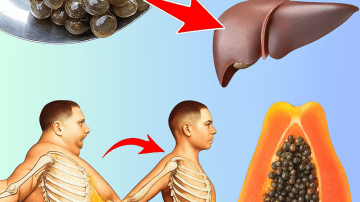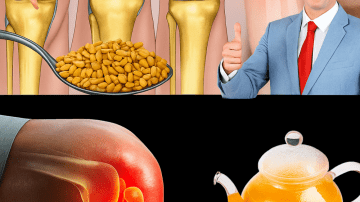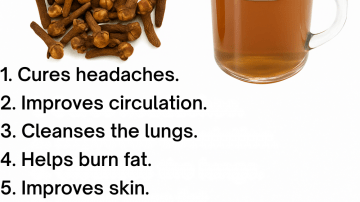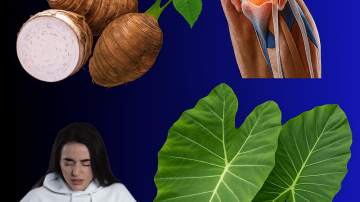The common narrative suggests that poor sleep is just an unavoidable part of aging. This is a myth. While sleep architecture does change, chronic insomnia and fragmented rest are often direct results of subtle, overlooked habits. For seniors, sleep transcends mere rest; it is the daily detoxifying ritual that determines long-term cognitive function, physical resilience, and even life expectancy.
If you are currently struggling with memory, energy, or simply feel “groggy,” your current sleep routine may be actively sabotaging your health. Research now confirms that poor sleep dramatically accelerates the deposition of amyloid-beta plaques (linked to Alzheimer’s), strains the heart, weakens the immune system, and dramatically increases the risk of dangerous falls.
We are going beyond surface-level advice. This comprehensive guide will unmask the 7 most dangerous and pervasive sleep habits prevalent among seniors today. For each deadly habit, we provide the scientific explanation for its damage and the exact, evidence-based antidote you must implement immediately to reclaim the deep, healing sleep that literally helps reverse the effects of aging.
Stay with us. This is the blueprint for your 7-Day Sleep Revolution.
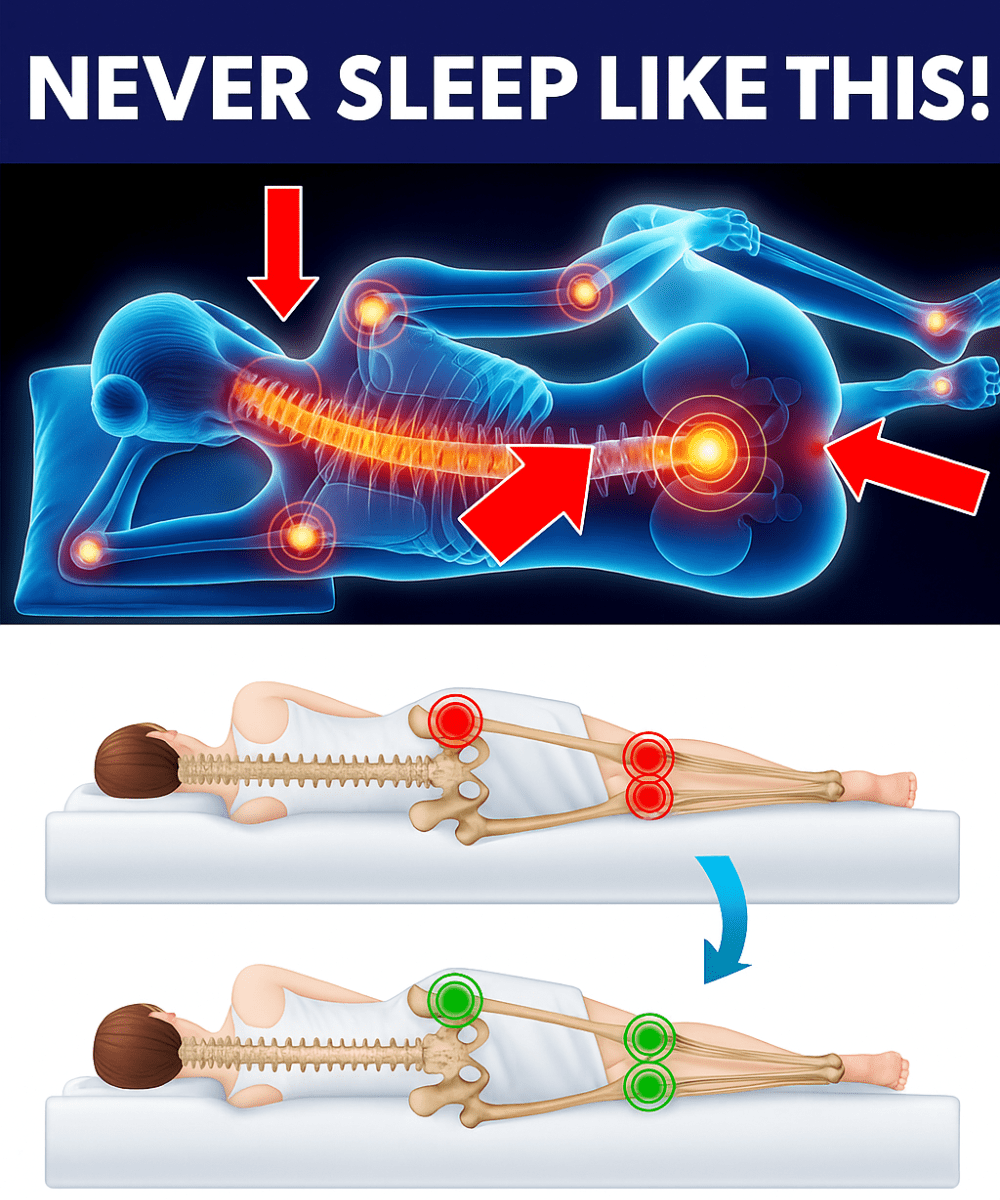
🔍 THE ROOT CAUSE ANALYSIS: 7 Habits to Eliminate for Life-Altering Rest
1. 📺 The Blue Light Betrayal: Falling Asleep with the TV, Phone, or Tablet On
This seemingly harmless comfort is the ultimate enemy of restorative sleep. The visual and auditory stimuli are not relaxing; they are actively stimulating your brain.
- 🧬 The Biological Damage: The short-wavelength (blue) light emitted by screens directly hits the photosensitive cells in your retina, sending a powerful signal to the Suprachiasmatic Nucleus (SCN)—your body’s master clock—that it is daytime. This immediately and potently suppresses the release of melatonin, the hormone necessary to initiate and maintain sleep.
- 🧠 The Fragmented Brain: Even with eyes closed, the changing lights and sudden noises keep the cortical arousal system active. This prevents you from entering the crucial Slow-Wave Sleep (SWS) stage, often called “deep sleep.” It is during SWS that the brain’s glymphatic system clears out metabolic waste and toxins. Chronic avoidance of SWS accelerates cognitive decline and leaves you feeling unrefreshed.
- ✅ The Zero-Tolerance Solution:
- 🎧 The Audio Anchor: Replace visual screens with a purely auditory source: a calming audiobook, white noise, or soft nature sounds. Crucially, turn the screen off completely.
- ⏰ Set the Shutdown: Utilize a sleep timer on your audio device so it silences itself within 30 minutes, ensuring the remainder of the night is spent in absolute darkness and silence.
- 🌑 Light Lockout: Invest in blackout curtains to maximize melatonin production. Even a tiny sliver of light can compromise your deep sleep.
2. 🔄 The Circadian Chaos: Maintaining Irregular Bedtimes and Wake-Up Times
The freedom of retirement often leads to inconsistent sleep schedules. While enjoyable, this is one of the fastest ways to destroy your internal rhythm.
- 🧬 The Biological Damage: When your sleep and wake times shift daily (often referred to as “social jetlag”), you are perpetually throwing your body’s circadian rhythm out of sync. Your internal clock dictates the timing of hormone release (cortisol and melatonin), core body temperature, and digestion. Inconsistency confuses these systems, making it difficult to achieve sleep onset and maintain sleep continuity.
- ⚠️ The Metabolic Risk: This chronic desynchronization is not just about feeling tired; it’s a proven stressor on metabolic health. Irregular sleep schedules are strongly correlated with increased insulin resistance, weight gain, and higher blood pressure, dramatically increasing the risk of Type 2 Diabetes and cardiovascular disease in older adults.
- ✅ The Non-Negotiable Routine:
- ⏰ The 7-Day Window: Establish a fixed bedtime and wake-up time. Aim for a 7–8 hour sleep target. Crucially, your wake-up time should vary by no more than 30 minutes, even on weekends. Consistency is the single most powerful tool for sleep health.
- 🛌 The Pre-Sleep Wind-Down: Institute a relaxing 30-minute ritual before bed (e.g., reading a physical book, gentle stretching, deep breathing) to signal to your body that the transition to sleep is beginning.
3. 🍰 The Late-Night Load: Consuming Sugary or Fatty Foods Close to Sleep
Eating too close to bedtime forces your body to focus on digestion and blood sugar management when it should be focused on rest and repair.
- 🧬 The Biological Damage: High-sugar snacks cause a rapid glucose spike, followed by an inevitable crash 2–3 hours later. This crash often triggers the release of adrenaline and cortisol, waking you up abruptly with anxiety or night sweats. Furthermore, fatty meals take hours to digest, often leading to discomfort and, critically, Gastroesophageal Reflux Disease (GERD).
- ⚠️ The Physical Risk: GERD is a significant sleep disruptor for seniors, causing burning discomfort and sometimes silent aspiration, which interrupts breathing and sleep cycles. Keeping the digestive system active also prevents the body from fully engaging in physical repair processes.
- ✅ The Digestive Deadline:
- ⏳ The 3-Hour Fast: Stop all food intake at least 3 hours before your scheduled bedtime. This ensures your stomach is empty and blood sugar is stabilized when you lie down.
- 🍌 The Smart Sleep Snack: If hunger is truly disruptive, opt for a small, science-backed snack: a few whole almonds or walnuts (natural source of magnesium/melatonin), or a slice of whole-wheat toast with a tiny amount of honey (to aid tryptophan crossing the blood-brain barrier).
4. 💊 The Dependence Dilemma: Frequent Use of Sleep Medications
Reliance on prescription or over-the-counter sleep aids, even common antihistamines, poses unique and serious risks to older adults.
- 🧬 The Biological Damage: Many sleep aids are sedatives that suppress brain activity, creating an artificial sleep state that is deficient in the vital REM and SWS stages. This means you are “out,” but your brain is not completing its necessary restorative work (memory consolidation, emotional processing).
- ⚠️ The Geriatric Risk: The most critical danger is the residual “hangover” effect the next morning. This causes dizziness, impaired coordination, and slowed reaction time, dramatically increasing the likelihood of falls and fractures. Long-term use of certain medications is also linked to accelerated memory problems and dependency, making the original insomnia worse.
- ✅ The Holistic Approach:
- 🔎 Root Cause Investigation: Work with your doctor to identify and treat the primary cause of your sleep disruption—be it chronic pain, restless legs syndrome, anxiety, or undiagnosed sleep apnea.
- 🌿 Safe Supplements & Therapy: Explore non-addictive, natural supports like Magnesium Glycinate (for muscle and nervous system relaxation) or discuss Cognitive Behavioral Therapy for Insomnia (CBT-I), which is proven to be the most effective long-term treatment.
5. ☀️ The Late Afternoon Lull: Napping Too Long During the Day
While a short nap can boost alertness, a long nap (over 45 minutes) or a nap taken late in the day is actively stealing hours from your upcoming nighttime sleep.
- 🧬 The Biological Damage: Sleep is driven by two main factors: the circadian rhythm and homeostatic sleep pressure (the build-up of adenosine). A long nap releases too much accumulated adenosine, effectively “rebooting” your sleep pressure counter. When bedtime arrives, the necessary pressure to fall asleep quickly and stay asleep deeply is gone, leading to frustrating sleep latency (taking hours to fall asleep).
- ⚠️ The Physical Risk: Fragmented nighttime sleep caused by napping can contribute to next-day fatigue, which ironically makes napping more appealing, creating a vicious, destructive cycle.
- ✅ The Power Nap Protocol:
- ⏱️ Strict Time Limit: Limit naps to a maximum of 20–30 minutes. This is enough time to benefit from light sleep for refreshment without entering deep sleep (SWS) which impacts nighttime rest.
- 📅 The Early Window: Schedule your nap between 1:00 PM and 3:00 PM. Avoid napping after 4:00 PM to preserve your nighttime sleep drive.
6. 🌥️ The Dark Morning Habit: Not Getting Natural Sunlight Exposure Early
This is the hidden, powerful regulator of your entire sleep cycle that many seniors miss, especially those who spend most of their time indoors.
- 🧬 The Biological Damage: Bright, natural light is the primary synchronizer for your SCN. When you expose your eyes to sunlight within an hour of waking up, you are sending a powerful signal that sets the timer for melatonin release 12–14 hours later. Delaying or missing this light signal delays the release of melatonin, causing you to feel wide awake late at night and tired in the morning.
- ⚠️ The Cognitive Risk: A weak or delayed circadian rhythm impairs overall cognitive function and is strongly linked to seasonal affective disorder and general lethargy. Getting morning light helps the brain clearly distinguish between day and night, a critical function for maintaining alertness and mood.
- ✅ The Light Therapy Ritual:
- 🚶 The Morning Dose: Spend at least 15–30 minutes outdoors within the first hour of waking. This can be a gentle walk, gardening, or simply sitting on a patio. Direct morning light is significantly more potent than indoor lighting.
- 🖼️ Sunlight Maximization: If going outside is difficult, sit directly by a window, but avoid wearing sunglasses so the light reaches your retina.
7. 🥵 The Overheated Habitat: Sleeping in a Room That Is Too Warm
While a heavy duvet feels cozy, a high room temperature is incompatible with the physiological requirements for deep sleep.
- 🧬 The Biological Damage: To successfully transition into sleep and maintain SWS, your body’s core temperature must drop naturally by 1-2 degrees Fahrenheit. This process is called distal vasodilation (opening blood vessels near the skin to dissipate heat). If your bedroom environment is too warm, your body struggles to achieve this temperature drop, leading to restlessness, increased heart rate, and frequent awakenings.
- ⚠️ The Physical Risk: Overheating is a common cause of night sweats, which force the body out of restorative sleep stages. Managing the temperature is key to maximizing sleep efficiency.
- ✅ The Cool Sanctuary Rule:
- ❄️ The Ideal Zone: Set your bedroom thermostat to the scientifically determined optimal range of $60^\circ \text{F} – 67^\circ \text{F}$ ($\mathbf{15^\circ \text{C}} – \mathbf{19^\circ \text{C}}$). Cooler is generally better.
- 🛏️ Breathable Layers: Use light, breathable cotton or bamboo sheets, and layer your blankets so you can easily manage and adjust your temperature throughout the night without major disturbance.
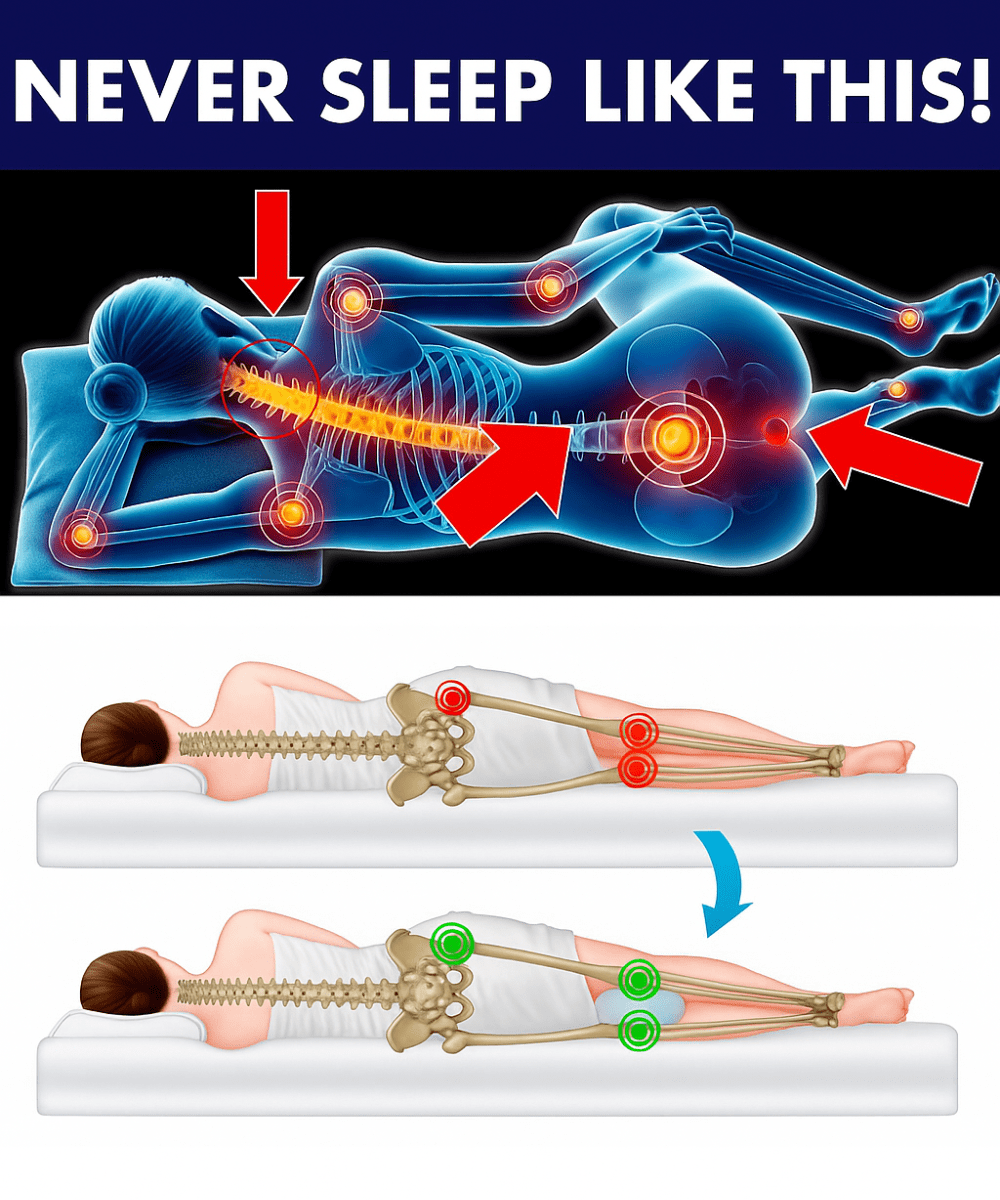
🚀 THE CALL TO ACTION: Reclaiming Your Best Years, One Night at a Time
Quality sleep is not an optional luxury for seniors—it is a medication for the brain, a tonic for the heart, and the strongest defense against physical and cognitive decline. By consciously identifying and dismantling these seven deadly habits, you are not just sleeping better; you are dramatically improving your quality of life, memory retention, immune defense, and daily energy levels.
The transformation starts now. Prioritize your sleep health with the same rigor you apply to your diet and exercise.
Your Actionable Blueprint for Tonight:
- ✅ Schedule Consistency: Set your fixed wake-up time for tomorrow morning.
- ✅ Cool the Zone: Ensure your bedroom temperature is between $60^\circ \text{F}$ and $67^\circ \text{F}$.
- ✅ Tech Shutdown: Power down all screens (TV, phone, tablet) one hour before your fixed bedtime.
- ✅ Light Dinner: Ensure your last meal was at least three hours ago.
Would you like me to generate a visualization of a senior enjoying their walk in the morning sunlight to reinforce Habit #6?

